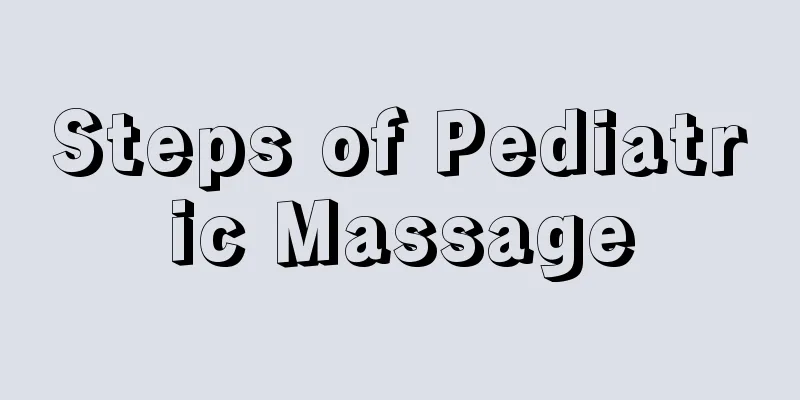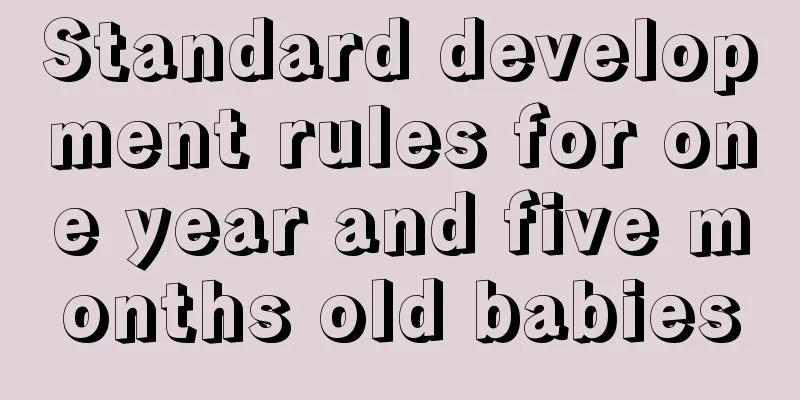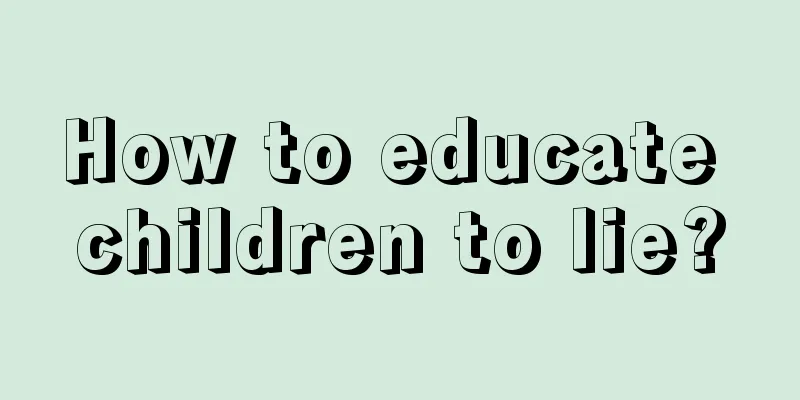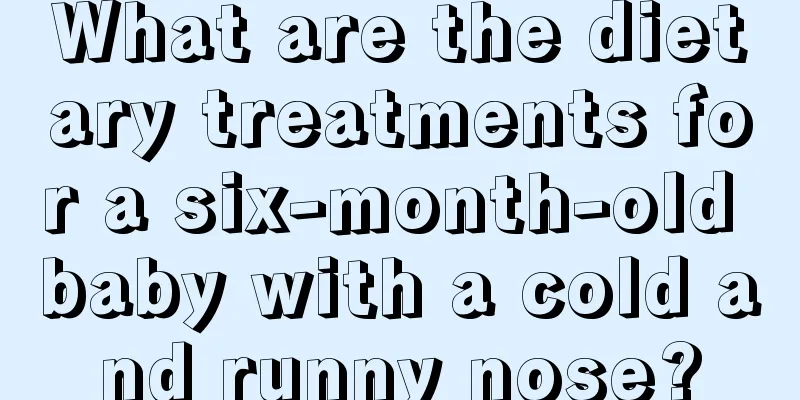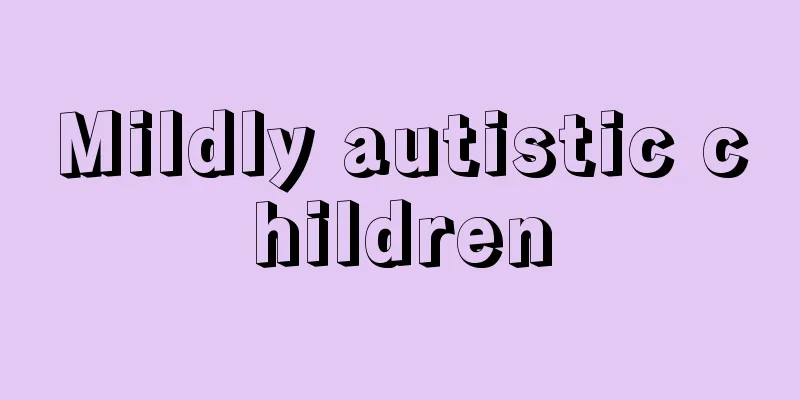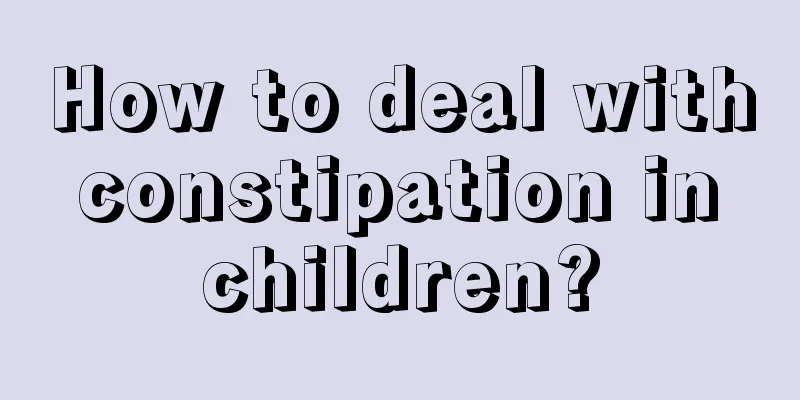What are the symptoms of rhinitis in children? These manifestations are the most common!
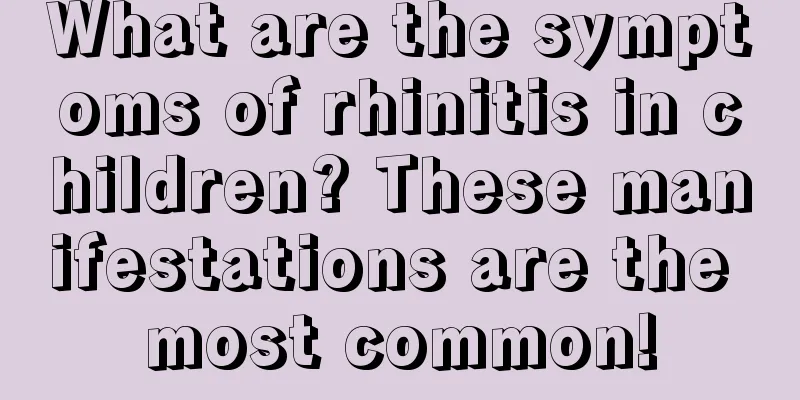
|
Complex factors such as viral and bacterial infections can cause inflammation of the human nasal cavity, which is medically known as rhinitis. This disease has no age distinction. For example, children often suffer from rhinitis. The most common symptoms are runny nose, nasal itching, constant sneezing, etc. At this time, parents must pay great attention and lead their children to find the best treatment method in time. 1. Symptoms of allergic rhinitis in children The clinical features of allergic rhinitis in children are recurrent episodes of nasal itching, sneezing, clear runny nose, and pale nasal mucosa during attacks, which may occur seasonally or year-round. 2. Chronic rhinitis in children The symptoms of chronic rhinitis in children are mainly characterized by cold nose and loss of smell. In chronic simple rhinitis, nasal congestion is relieved during daytime activities, but worsens at night or when sitting still. When lying on one side, the lower nasal cavity is blocked, while the upper nasal cavity is well ventilated. When lying on the other side, nasal congestion occurs in the other nasal cavity. The nasal discharge is mucous and is often accompanied by headache, dizziness, decreased sense of smell, etc. Chronic hypertrophic rhinitis is often characterized by persistent nasal congestion, mucous or mucopurulent nasal discharge, and may also cause tinnitus, hearing loss, headache, insomnia, mental depression, etc. 3. Acute rhinitis in children When acute rhinitis occurs, there is mild chills and fever, general discomfort, a burning sensation in the nasopharynx, dryness, itching, and sneezing in the nose. After 1 to 2 days, the patient will gradually develop nasal congestion, a large amount of clear nasal discharge, decreased sense of smell, and headache. After 3-4 days, due to secondary infection, the secretions turn into yellow purulent nasal discharge that is difficult to blow out, and the nasal congestion becomes more severe. If there are no complications, recovery will occur in about a week. 4. Symptoms of rhinitis in children I often have a runny nose, and the symptoms of runny nose occur all year round. The nasal discharge contains pus-yellow liquid and is accompanied by a foul odor. Normally, there is often phlegm in the throat and nose, especially when you wake up in the morning, this feeling is more obvious. The main symptoms of rhinitis in children are nasal congestion, loss of smell, runny nose, and some other symptoms. Once these symptoms are found, you should seriously suspect that rhinitis has occurred and be sure to take your child to the hospital for diagnosis and treatment in time. Rhinitis is a type of sinusitis. If a child has sinusitis, he or she will often have symptoms such as vomiting, diarrhea, and coughing. The patient has a lot of purulent nasal mucus and cannot blow it out completely. Sometimes he or she will cough and produce phlegm. Sinusitis is a more serious type of rhinitis and the symptoms are more obvious. |
<<: What should I do if my child has a stuffy nose, runny nose, and cough?
>>: How to treat children with dampness?
Recommend
What to do if a 7-year-old child has a nosebleed
Some children have nosebleeds, so they need to pa...
What causes high white blood cell count in children?
Some common diseases among children include fever...
Can children eat Panax notoginseng powder?
Children's bodies are in the development stag...
What should children eat to treat yellow eyes? Four fruits can solve the problem
For some abnormal phenomena in the baby, parents ...
At what age can children brush their teeth?
We all know that if we want to have healthy teeth...
Treatment for 13-month-old baby who doesn't like to eat
The whole family loves the baby very much. After ...
When do children teeth grow?
There is a period of time for children to grow te...
What method should be chosen to treat the sequelae of polio?
There are many diseases in the world that make pe...
At what age do children start to lose their teeth?
Children are the big treasures of the family, and...
What are the developmental indicators of babies at 17 months?
For a long period after giving birth to a baby, p...
White spots on children
Parents all hope that their children will get sic...
How many times a day is normal for a child to poop?
Children have different bowel movements every day...
Psychological counseling for children
Children need to go through a rebellious period w...
Why does my baby always hum when he sleeps?
Generally speaking, when the baby enters a deep s...
What should I do if my child has poor digestion?
Children's poor gastrointestinal digestion ma...
